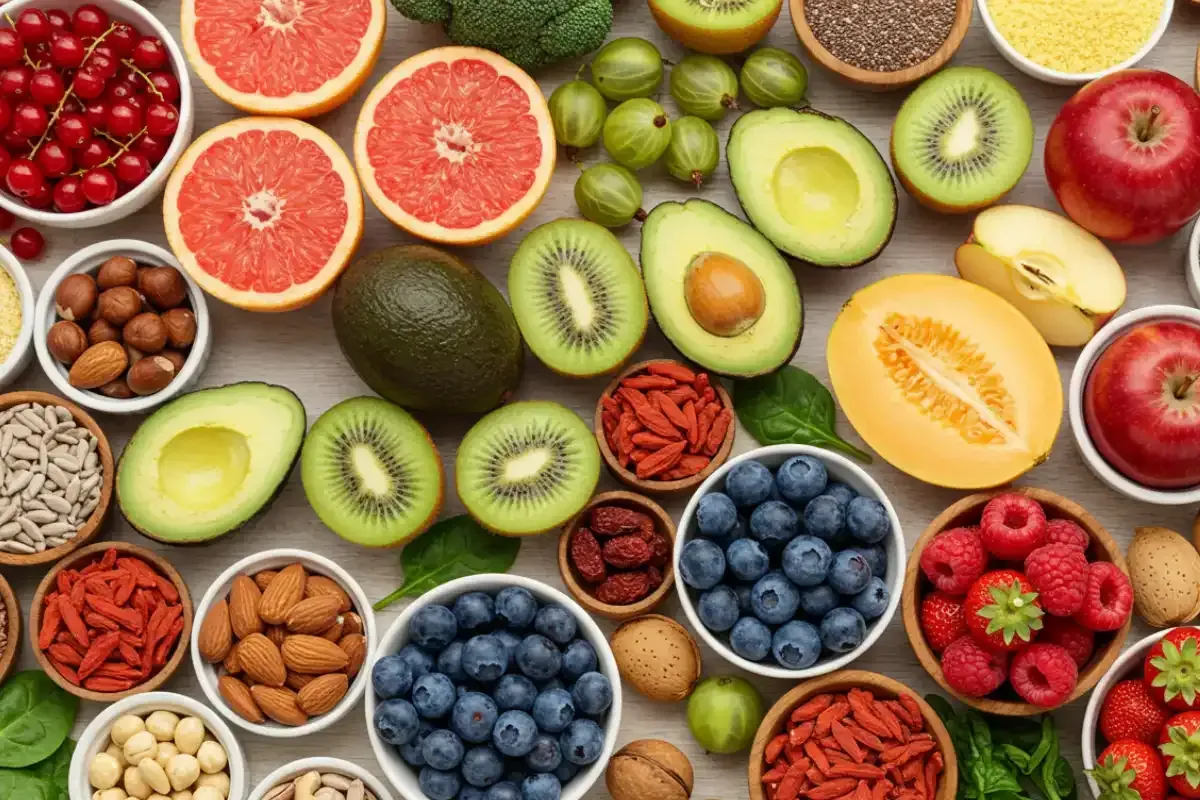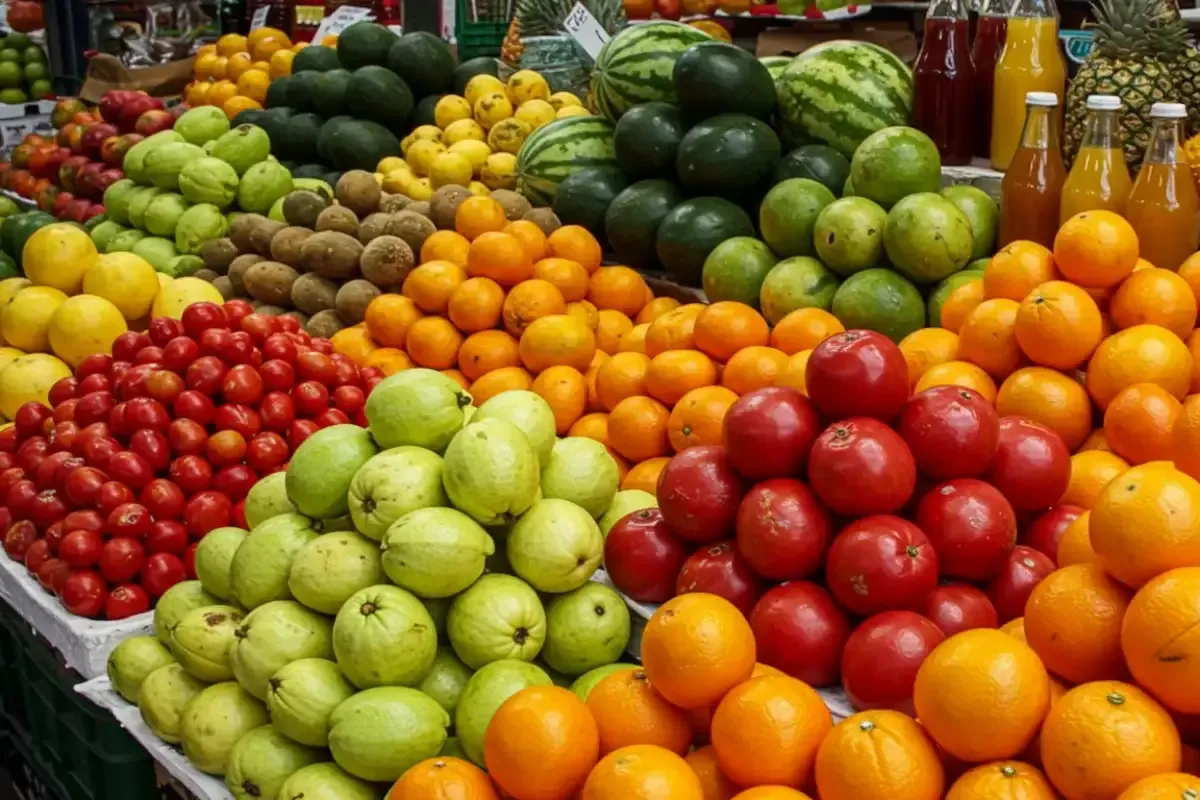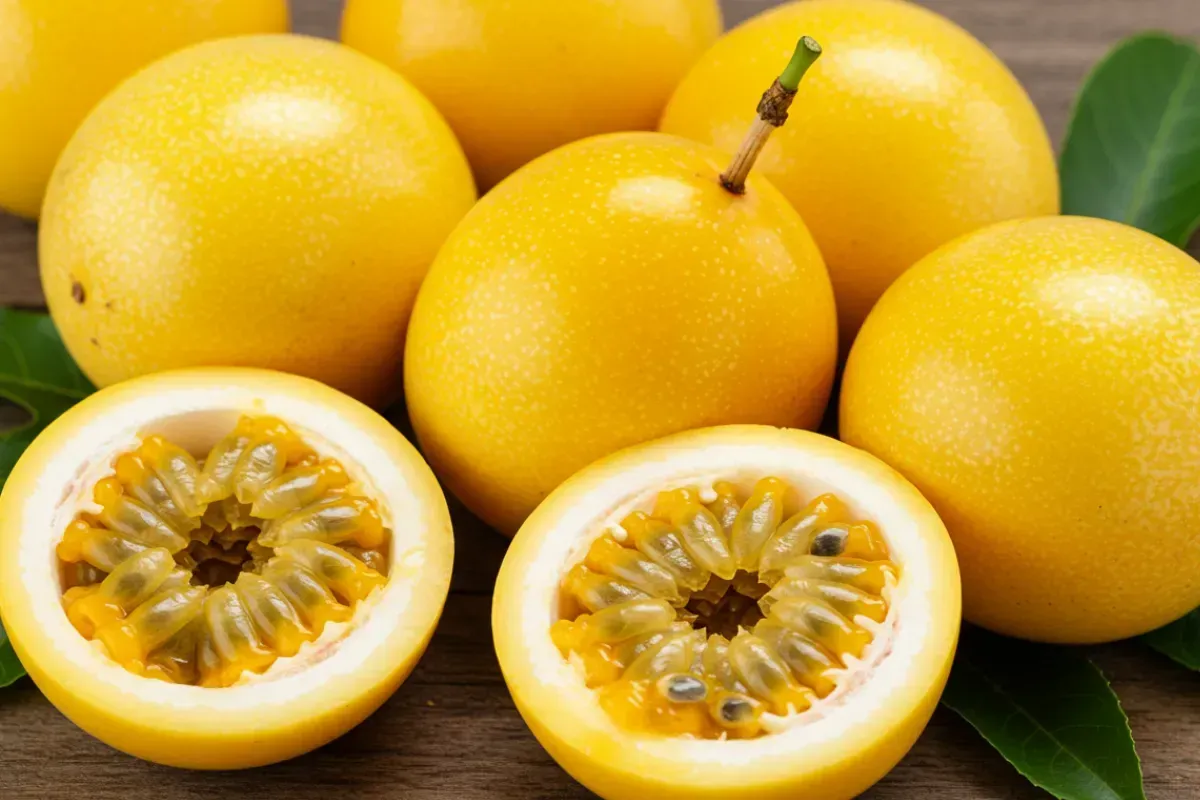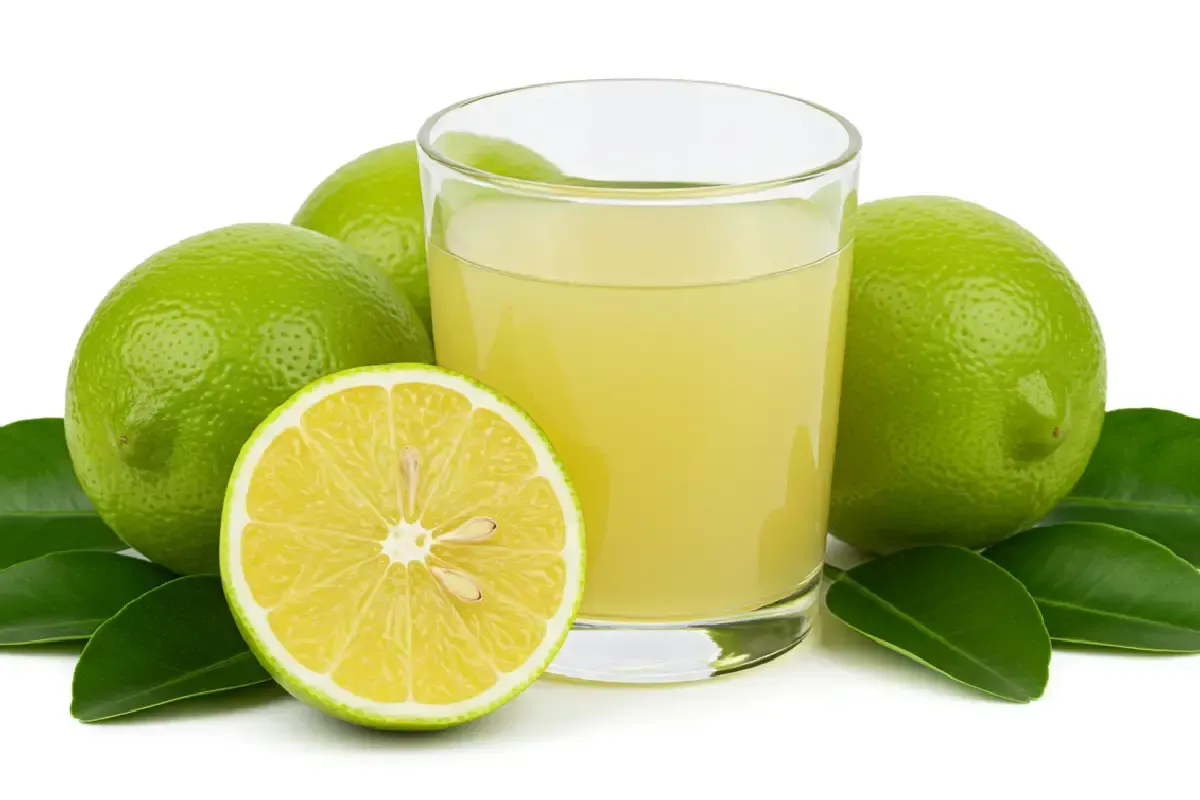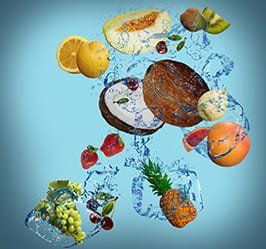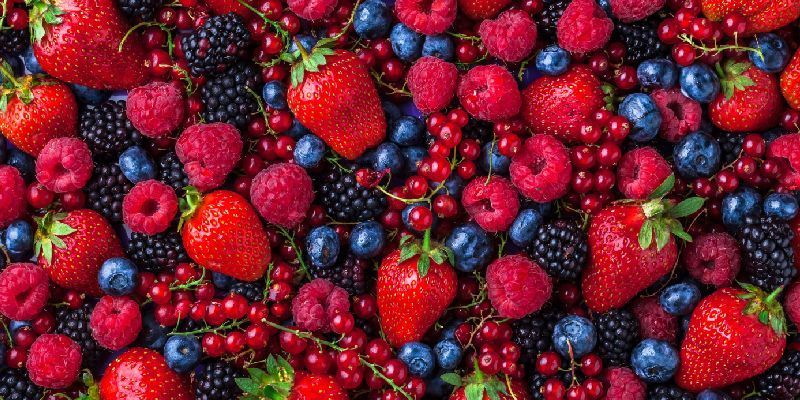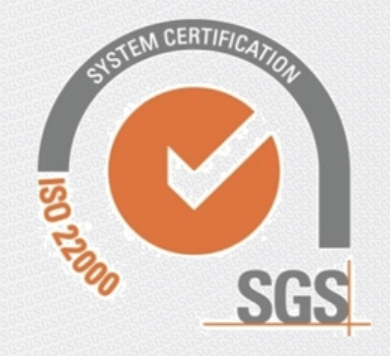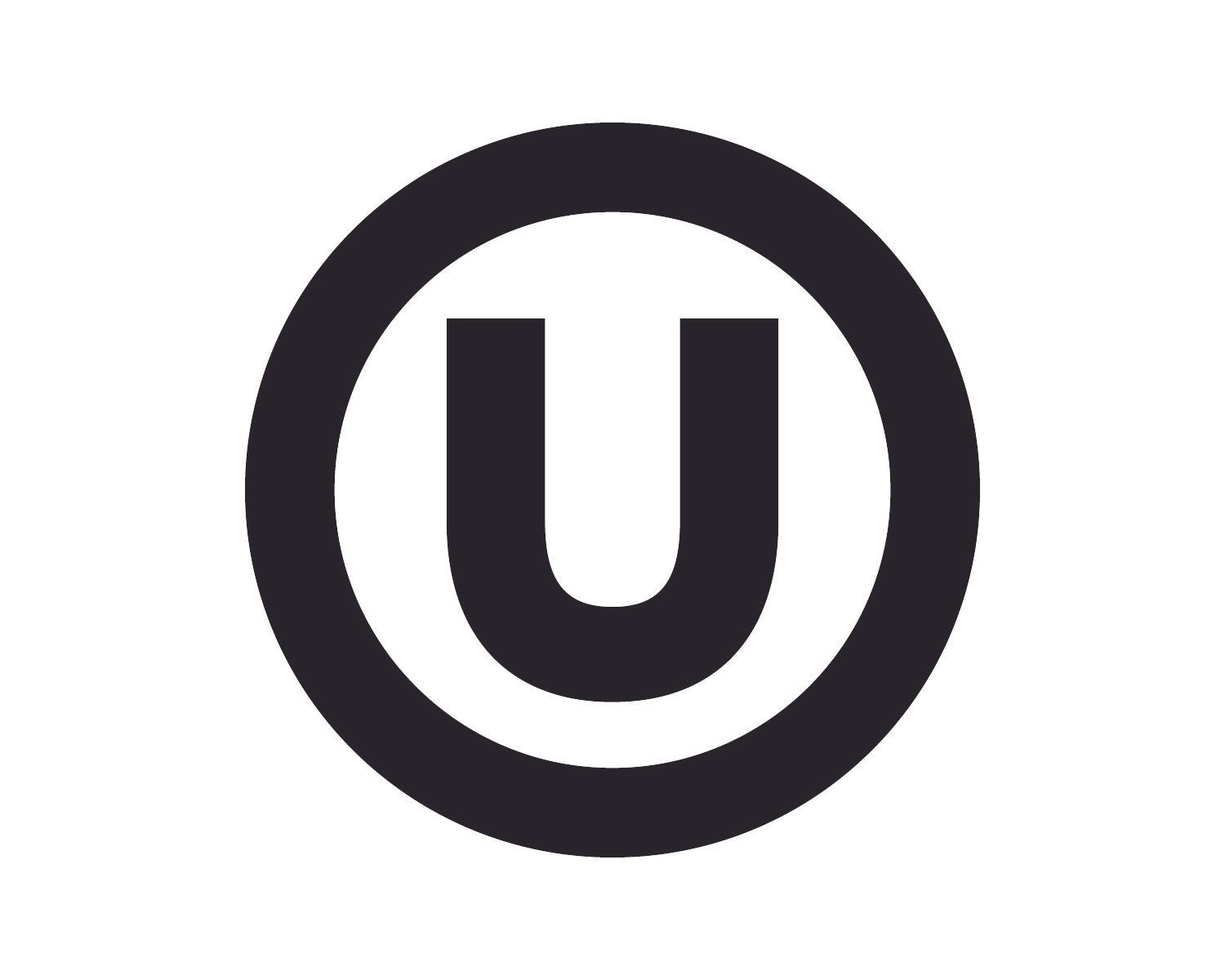Material Management in Food Production: Significance and Key Aspects
Alimentos SAS • May 19, 2021
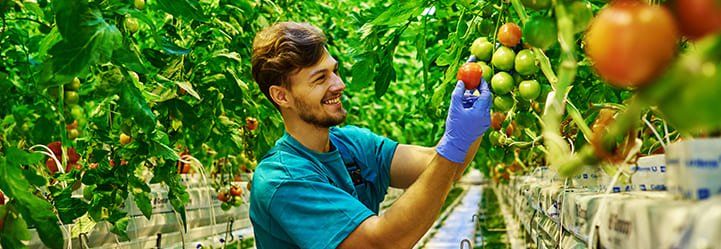
A company cannot produce much without the necessary materials. This is why material management is a vital task within organizations involved in food production. Read on to learn more about it and explore its importance further.
What is material management?
Material management refers to planning, organizing, and regulating all activities involved in the flow of materials companies require to operate and meet customers’ needs (Ospina Avendaño, 2020). In the food industry, it means sourcing all goods necessary for making consumable food products.
It assesses variables such as demand, price, quality, availability, and delivery schedules (TWI, n.d.). It also entails controlling the location and movement of materials during the introduction, production, manufacturing, and final delivery (Ospina Avendaño, 2020).
The global objective of material management is to assure the procurement of goods with optimized inventory levels and with the smallest difference between planned and actual results regarding supply (TWI, n.d.).
This purpose is frequently expressed as the ‘Five Rs of Materials Management’ (TWI, n.d.):
- The right material.
- At the right time.
- In the right quantity.
- At the right price.
- From the right sources.
As a result, companies should be able to (Ospina Avendaño, 2020):
- Have a steady supply of materials for production.
- Purchase quality materials at the most competitive price.
- Minimize storage and stock control.
- Increase profits from reduced production costs.
Material classification
There are two kinds of materials (Ospina Avendaño, 2020):
- Direct materials are central to the product’s quality as, without them, it could lose value in the market.
- Indirect materials are important in the production process but do not make a difference in the final product.
General steps in material management
There are also some steps that generally apply to the flow of materials (Opsdog, n.d.):
- Receiving materials efficiently and timely from suppliers.
- Examining them to identify defects or deviations from given specifications and single out unusable materials.
- Storing, monitoring, and transporting materials from warehouses to production facilities.
Types of material management
Material management encompasses a range of activities. They are usually sorted into five types:
1. Material requirements planning
This is key, as the amount of material used in producing any item impacts the company’s profit directly. The less the amount, the bigger the profit for companies (MITSDE, 2019).
2. Purchasing
Purchasing also affects profit. If it is done efficiently, economically, and on time, it should lower the company’s expenses (TWI, n.d.).
3. Inventory control
Inventories are necessary to regulate the flow of (MITSDE, 2019):
- Materials.
- Unfinished and finished products.
- Products ready for sale.
- Goods used in production.
Ideal control leads to almost zero inventories. In this model, a company purchases and brings materials as they enter production or just before they are sold out (MITSDE, 2019).
4. Material supply management
This type of management ensures the continuous supply of materials to production centers. Likewise, it is meant to curb supply disruptions such as lack of stock and damaged or misplaced materials (TWI, n.d.).
5. Quality control
As suitable materials are vital to good-quality products, this type of material management is also critical. Some common factors evaluated in quality control are durability, dependability, dimensional accuracy, and performance (TWI, n.d.).
Importance of material management
As shown, material management is vital to ensure the steady flow of goods for production purposes to satisfy customer demand. It also guarantees production schedules are met. Moreover, it can help save production costs while maintaining product quality (TWI, n.d.).
These benefits showcase the importance of material management in the food supply chain. Food products need a timely supply of high-quality materials to follow strict standards for consumption.
Some of the main challenges the food industry faces regarding material management today include:
- Balancing work force and automation when handling materials to achieve optimal food safety and production efficiency and to lower costs (Iyer, 2019).
- Having reliable and timely information throughout the supply chain to achieve flexibility and visibility. Companies are tackling this challenge with cloud technologies, analytics, and artificial intelligence (Asaad, 2018).
- Developing efficient processes, which are driven by cost saving, as reducing the number of times an item is handled to lessen the room for error (Tuohy, 2009). Another instance of this is using technology to improve data collection and analysis during audits of food products (Searcy and Castka, 2020).
Managing materials properly is central to the success of food production, as it ensures the flow of essential goods to meet customers’ demands successfully. Furthermore, it aims to do so while safeguarding the company’s finances, as well as product quality.


